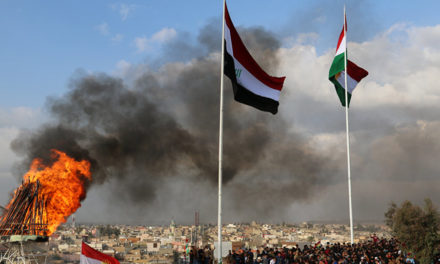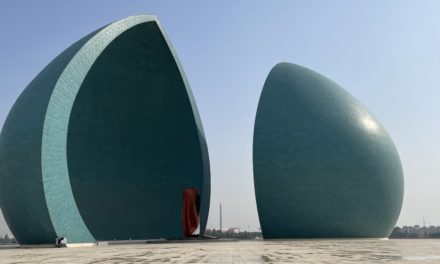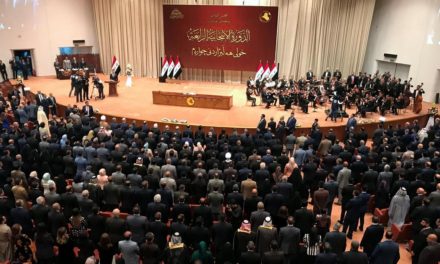Since its formation in 1960, OPEC has played a prominent role in regulating the global oil prices and limiting the influence of the major oil corporations, which were controlling the global oil markets at that time. Nevertheless, a lot of factors impacted the performance of said organization. These include emerging major non-OPEC suppliers (e.g. Russia), the political conflicts between members of OPEC (one of the main reasons the prices crashed in 2014) and investing in alternative resources of energy like soil petroleum, which is projected to reach 12 million barrels per day in the United States by 2020.
The economies of OPEC’s members, including Iraq (which supplies 4.4 million barrel per day), are vulnerable to these changes. Iraq needs to implement a new policy that fits into recent developments and such a shift could impact the role of OPEC.
The invitation to the US-Russian strategic cooperation to regulate the energy markets that was urged by Russian President Putin in his Helsinki Summit press conference with President Trump is a major development. The aim of this declaration is to achieve the best regulation of oil and gas markets outside the framework of OPEC and avoid the competition between the major suppliers in order to prevent the break down of prices and damage to the major suppliers which rely on energy revenues, as we saw in 2014 when OPEC failed to protect the interests of its producers. This change can be considered as an important turning point to launch a new global policy to organize oil and gas markets which may lead to the disruption of the economies that depend on oil revenues, such as the Iraqi economy.
Multiple sources revealed that the talks between the two presidents at the summit focused on sharing the global and European energy market by supplying American oil and shale gas to the south of Europe (Spain, Portugal, Italy, France), allocating Russian supplies to the rest of Europe and supplying it by upstream gas pipelines. In accordance with the deal, the US has to cooperate in regulating prices with Russia and reach political settlements regarding some of the conflicts. This will reduce the dependence of Europe on oil coming from the Middle East, including Iraqi oil, which makes it urgent for Iraq to look for alternative markets for the portion of its oil that is exported to Europe.
There is also information regarding ongoing negotiations between China and some major oil consumers like India revolving around the formation of a new organization for oil consumers, a sort of oil buyers’ club, which would play a prominent role in influencing the price of energy around the world, so that OPEC will not remain the only organization which influences the oil prices. This certainly will have implications for the Iraqi economy if it happens.
In addition, there are unprecedented political differences between the members of OPEC due to the sanctions imposed on Iran, which have left a significant impact on the role of the organization. The response of some countries in OPEC was to compensate the shortfall in the markets resulting from the sanctions by increasing the export quota allowed to them. This was contrary to the deal in 2017 that aimed to raise oil prices through compelling the members to reduce production according to a specific quota. This led Iran to threaten closing the Strait of Hormuz, which would lead to even further tensions in the Gulf region.
In such a critical situation the next Iraqi government has to adopt a multifaceted policy. Part of that policy must be expanding its coordination efforts with producing countries within and beyond the framework of OPEC in order to ensure an acceptable level of oil prices and a fair market division that does not lead to harming producers. Iraq should also make sure that the agreement remains for it, unlike other members in OPEC, to have unlimited export rights, given that the additional revenues are essential for its rebuilding process.
Also, the new government should seek to increase production and expansion of investment in the gas sector. It also must find new markets to compensate the share lost by Iraq in the European market. This target is considered a priority for the next government because the market will encounter radical changes that are possibly not durable in the absence of alternative options and solutions.
Iraq’s long-term strategy must be to strive to reduce the dependence on oil revenues in the budget and focus on other sources of funding. Last but not least, the new government must consider exporting refined oil instead of crude oil, which will increase the profit margin of the Iraqi state significantly. These actions will require a significant shift in Iraq’s economic policies. Otherwise, the future will not be forgiving.

Youssef Ali
Youssef Ali is a Ph.D researcher in international law. He specializes in international oil and gas law and is interested in Iraqi political and legal affairs.










